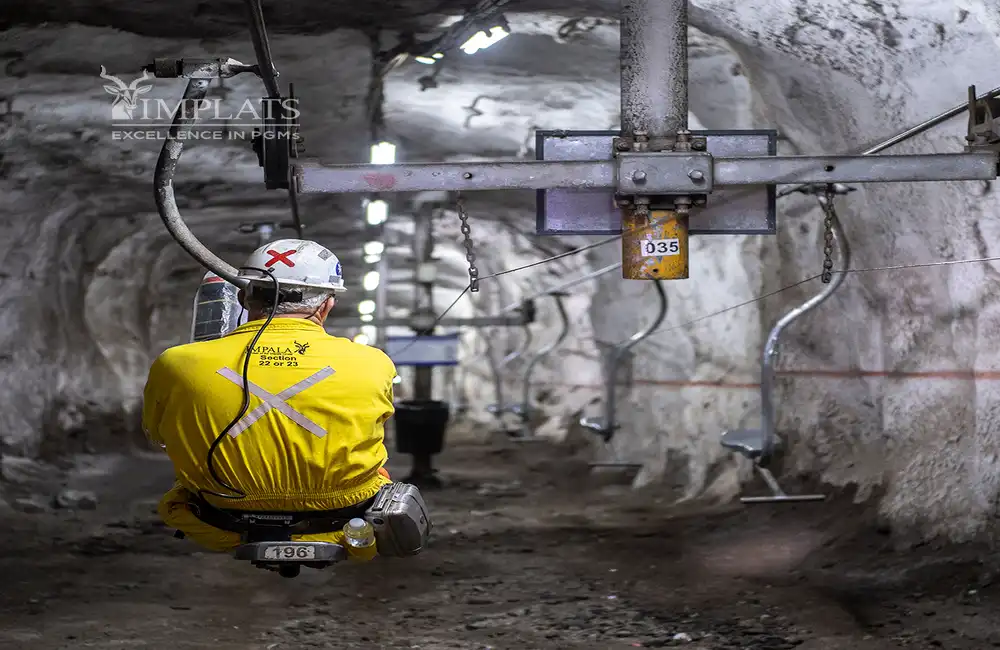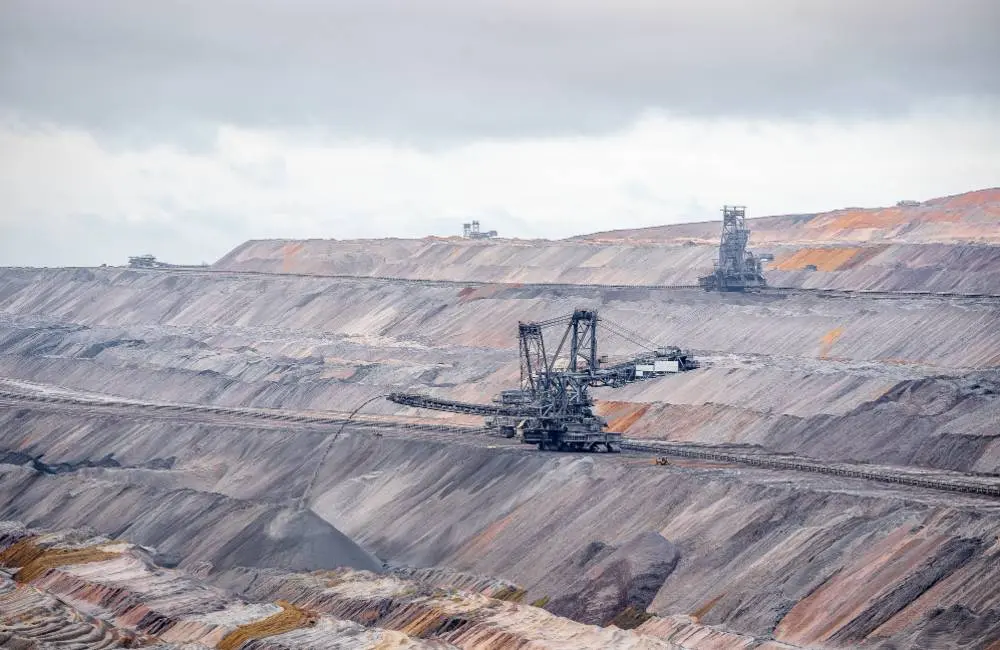Nickel tax proposal has China's stainless steel mills on edge
Recent efforts to revive resource nationalism in Indonesia have sent price spikes across some commodities and renewed fears over global supply.
A newfound emphasis on keeping domestic raw material costs low and developing high-value-added downstream industries is likely to exacerbate price volatility across a range of sectors from coal and LNG to metals and agriculture.
The nation ranks as a leading metals and LNG producer and is also the world’s largest thermal coal and palm oil exporter.
Most recently, Indonesia, on January 27, required palm oil exporters to allocate at least 20% of their shipments for supply to the domestic market. That came after news of a three-week suspension of coal exports and plans to increase tax on ferronickel and nickel pig iron in recent weeks, sending tremors through the global commodity market and surprising industry participants collectively facing strong prices.
Stricter nickel export policies could potentially hurt China's stainless steel mills, as several projects are expected to come online this year.
Trade flows
Coal
- Indonesia on Dec. 31, 2021, issued a blanket ban on coal exports in the wake of fears some regions in the country might face power outages due to low stocks. Large Indonesian mining houses scrambled to jointly pledge 2.9 million mt for the domestic market on expectations it would lead to an early lifting of the ban.
- Domestic coal lobbies and major Indonesian thermal coal buyers, including China, Japan, South Korea, Malaysia, and the Philippines, urged Jakarta to ease constraints.
- 139 companies that had fulfilled their Domestic Market Obligation obligations were permitted to restart exports as of Jan. 20.
- According to Minerba One Data Indonesia, Indonesia's coal exports in 2021 also fell to 314.9 million mt from 331.94 million mt in the previous year. It exported 29.3 million mt in January 2021.
Nickel
- Indonesia has repeated the commitment, as President Joko Widodo in January announced another ban on metal ore exports to support the nation’s downstream sectors and exports of products that add value, such as semi-finished or finished goods, rather than raw materials.
- Jan. 7 - Indonesian Investment Minister Bahlil Lahadalia said Jakarta is considering a progressive export tax on nickel products with low nickel content to encourage growth of its domestic processing industry.
- China is the world's top consumer of nickel and heavily relies on ferronickel supplies from Indonesia, with the country importing 3.12 million mt or 84.2% of the total in 2021, up 15.8% year on year, based on customs data.
LNG
- Indonesia is the seventh-largest LNG exporter in the world. It is due to divert more LNG cargoes for domestic use to help combat energy shortages in 2022, which could compromise export commitments.
- In January, Indonesian Energy Minister Arifin Tasrif confirmed that the Energy and Mines Ministry had secured an LNG supply previously earmarked for exports but will now be diverted to the domestic market.
- In 2012, Indonesia's upstream oil and gas sector stepped in to supply LNG for domestic use, with only 14 cargoes for the power, industries, and city gas sectors. That number increased to as high as 60.6 LNG cargoes in 2019, but dropped to 44.9 LNG cargoes in 2020 due to the pandemic and a consequent decrease in economic activity and energy demand. Energy use bounced back with 56 LNG cargoes utilized domestically in 2021, said upstream regulator SKK Migas.
Palm oil
- Indonesia on Jan. 27 mandated palm oil producers earmark 20% of their crude palm oil shipments to the domestic market to help rein in soaring domestic edible oil prices.
- The exporters must indicate the total volumes of CPO, refined, bleached, and deodorized palm olein and used cooking oil they plan to sell to the domestic market to apply for permits to export for six months under the new regulation.
- Indonesia's palm oil exports stood at 33.4 million mt in 2021, making up 39% of global vegetable oil trade, the Jakarta-based Indonesian Palm Oil Association GAPKI said.
Prices
Coal
- Global coal prices surged in January after Indonesia imposed a temporary ban on coal exports as stockpiles at power plants operated by state-owned energy firm PT Perusahaan Listrik Negara plunged to near critical lows.
- Indonesia's 4,200 kcal/kg GAR was valued at $69.95/mt FOB Jan. 26, compared with $63.45/mt FOB on Dec. 31, 2021, according to S&P Global Platts data.
Nickel
- Policy announcements on nickel sent prices of the metal reaching its highest point in over a decade -- $24,000/mt on Jan. 20, according to LME data.
- Nickel sulfate DDP China prices have increased 13% to Yuan 38,500/mt from Yuan 1-26, according to Platts data.
Palm oil
- Third-month CPO futures on Malaysia's Bursa Malaysia Derivatives exchange -- the underpin of international palm oil prices -- gained 3% to MR5,500/mt ($1,310.30) on Jan. 27, finishing the day at an all-time settlement high of MR5,441/mt.
- In January, the Indonesian Palm Oil Association stated that the CPO price is forecast at US$1,000/mt in 2022.
- Prices of Indonesian palm oil exports increased 6.6% from Dec. 31, at $1,375/mt, Jan. 26, Platts data showed.
Infrastructure
Coal
- After the ban was lifted Jan. 20, Indonesian thermal coal sellers were getting orders out to clear backlogs and delays, and disruptions will take some time to clear.
- Indonesia introduced DMO regulations in 2009 that require coal miners to allocate 25% of their annual output to local markets.
Nickel
- Indonesia is home to the world's biggest nickel reserves.
- Nickel is primarily used in stainless steel but is also used in battery manufacturing, primarily as a precursor material in the form of nickel sulfate.
- Indonesia accounts for about 25% of global tin, 17% of nickel ore, and 6% of bauxite, according to Australian multinational bank ANZ.
LNG
- Indonesia was once the world’s top LNG producer but has been overtaken over the years by new suppliers.
- Its primary LNG export facilities are Tangguh LNG and Bontang LNG.
- Indonesia holds the third-largest proved natural gas reserves in the Asia-Pacific, behind China and Australia, according to the US Department of Energy.
Palm oil
- Indonesia is the world's largest producer and exporter of palm oil, accounting for approximately half of the world's supply.
- Palm oil plantations in Indonesia are estimated to cover 13 million hectares in 2020.



















